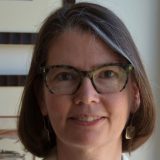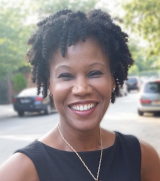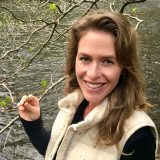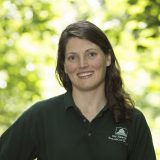Sara Tjossem is a historian of science, focused on the history of ecology and its intersections with social and environmental movements.
At Columbia University she is Associate Director of Curriculum in the Program on Environmental Science and Policy at the School of International and Public Affairs, and Co-Director of the Center for Science and Society Research Cluster on Environmental Sciences and Humanities. Her research is on the interplay of science and society, particularly the development of environmental policy and the concept of sustainability. She has written two books on the development and organization of scientific cooperation: Fostering Internationalism through Marine Science (2017) and The Journey to PICES: Scientific Cooperation in the North Pacific (2005). Her current project examines the formation and activities of HELSUS, the Helsinki Institute of Sustainability Science.
Putting Principles into Play: Linking Universities, Communities and Citizens Through Science
Abstract Citizen science, very broadly, involves non-professionals in the scientific process. Educational institutions of all types have proven eager to build networks to foster and benefit from citizen enthusiasm to effect change. At Columbia University and elsewhere, opportunities for collaboration have expanded greatly through both institutional commitment to new learning modes and broader technological advancements. Capstone projects and workshops are two such opportunities to connect multiple communities through real-world issues to effect positive change. Some recent environmental examples include data collection on New York’s trash and building social enterprises for smallholder farmers.






 Location In Ross Hall
Location In Ross Hall